The Bangladesh government has outlined a significant investment of Tk 385 billion over the next three years to drive agricultural development and achieve an average annual growth rate of 10% in the sector by the fiscal year 2025-26. This commitment underscores the crucial role of agriculture in ensuring food security and promoting inclusive economic growth, particularly in rural areas where agriculture remains vital for livelihoods.
To enhance food production and build resilience against adversities, the government's strategy focuses on several key areas:
Crop Varieties: Developing high-yield and adversity-tolerant crop varieties to boost productivity and withstand environmental challenges.
Mechanization and Irrigation: Expanding mechanization and irrigation facilities to improve efficiency and reduce dependency on rainfall.
Access to Inputs: Improving access to affordable agricultural inputs such as seeds and fertilizers to support farmers.
Technology Integration: Embracing technology in agriculture through initiatives like remote sensing for crop monitoring and adopting renewable energy solutions to modernize farming practices.
The policy document emphasizes the importance of sustainable practices and self-reliance in agriculture. The government supports the sector with subsidies, financial incentives, and technological innovations to create a robust agricultural framework.
The fisheries and livestock sub-sectors play a significant role, contributing to GDP growth and providing essential protein sources and livelihoods for a large portion of the population. Achievements include self-sufficiency in fish, meat, and egg production, with a focus on further enhancing milk production.
Looking ahead, the Ministry of Livestock and Fisheries plans to implement projects to enhance production capacities, adopt advanced management technologies, and conserve resources, particularly focusing on young hilsa fish ('jatka').
Water resource management is also a priority, with initiatives to improve surface water availability and secure equitable shares from transboundary rivers through coastal afforestation and water body excavation.
In response to climate change threats and projected economic losses, the government is implementing the Mujib Climate Prosperity Plan to enhance resilience and stability in vulnerable sectors and communities.
These efforts demonstrate Bangladesh's proactive approach to safeguarding and advancing its agricultural sector in the face of global challenges, reflecting a commitment to sustainable development and economic prosperity.



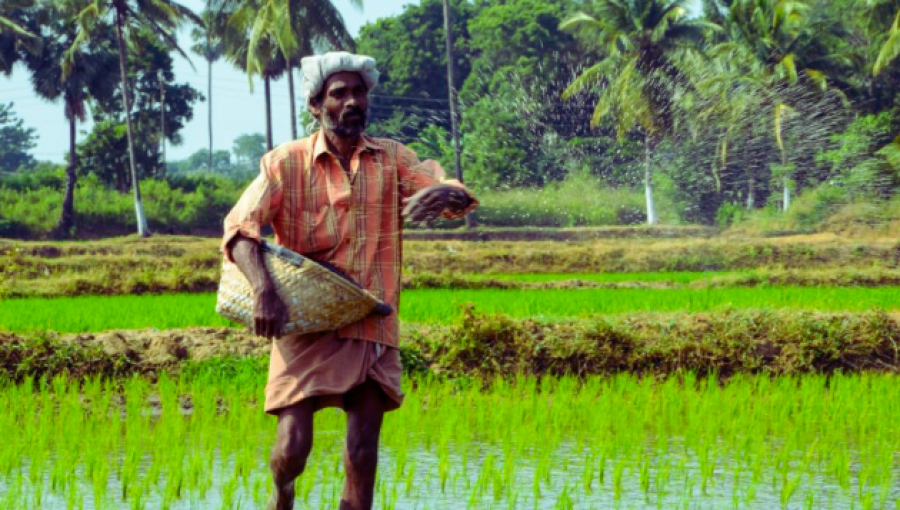
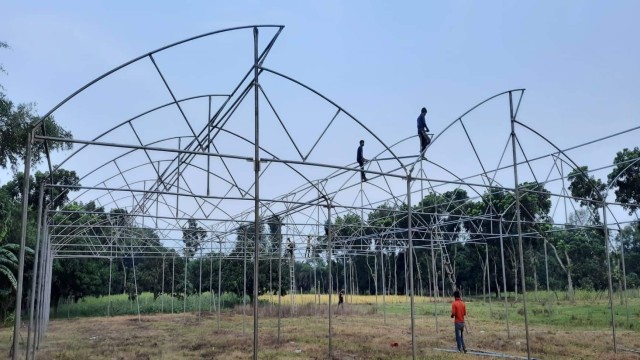

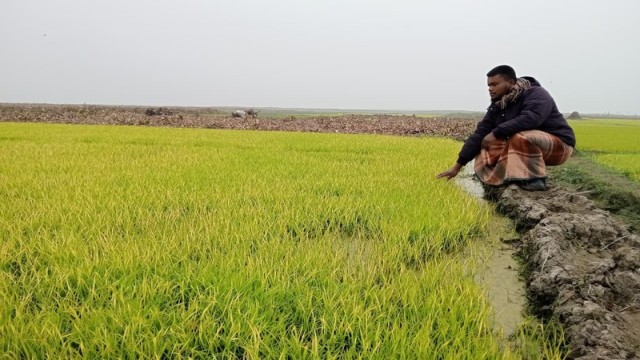
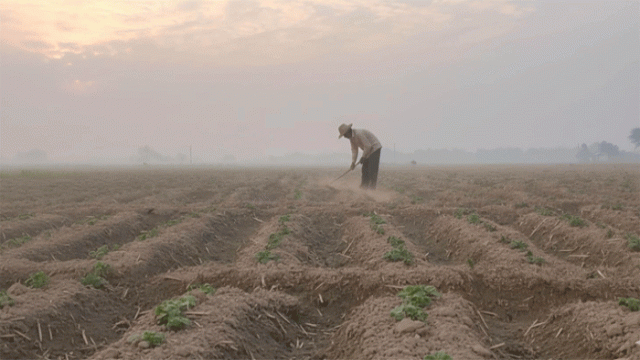
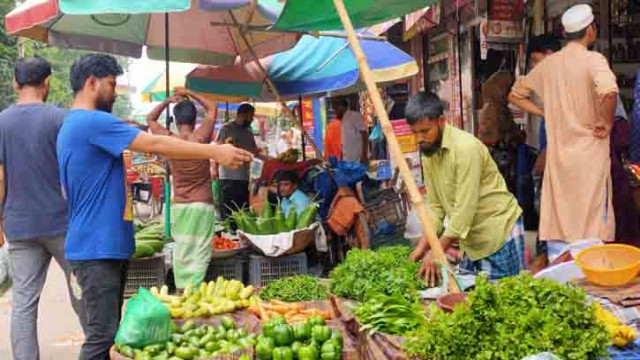
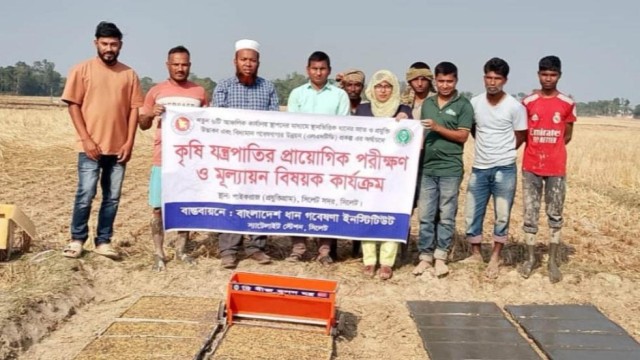

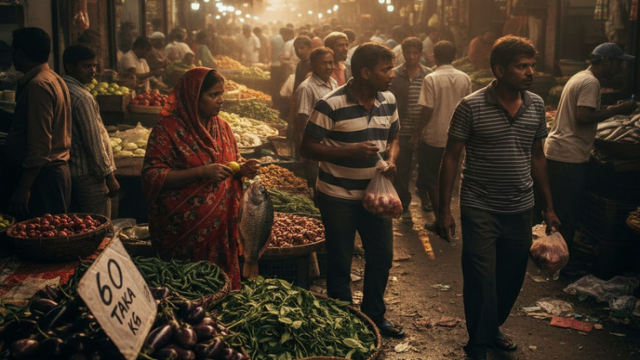
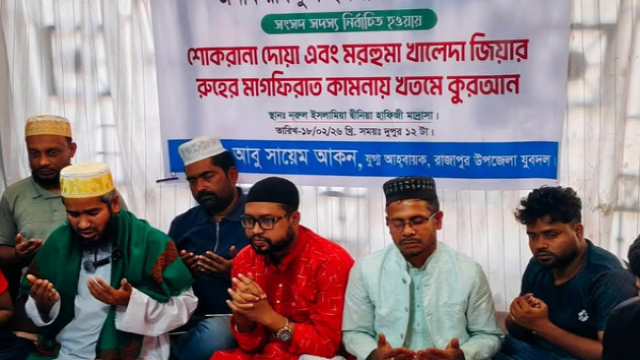
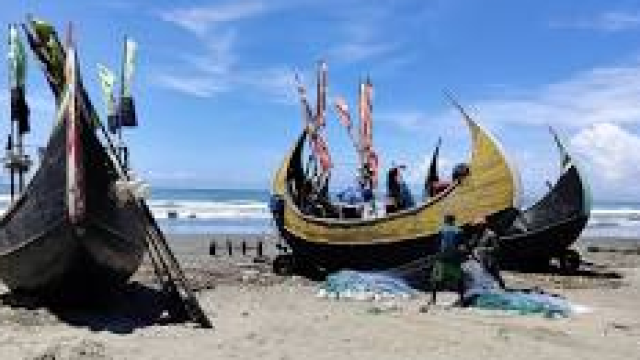
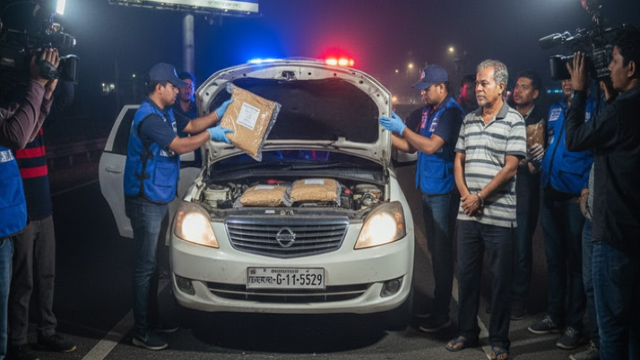


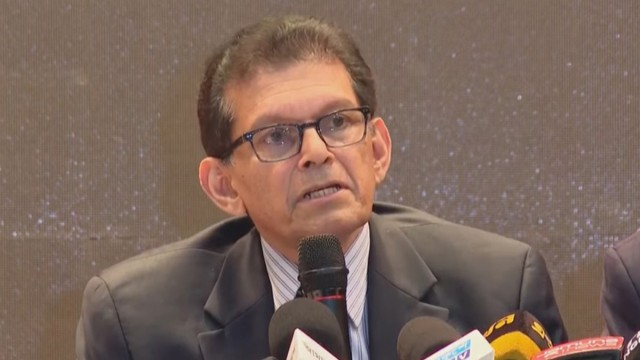













Comment: